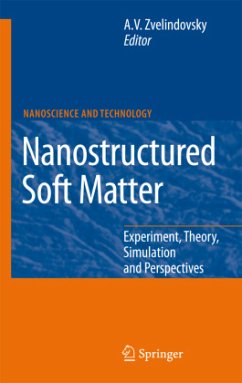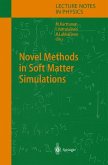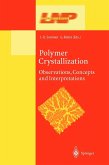"The scientist does not study nature because it is useful; he studies it because he delights in it, and he delights in it because it is beautiful. If nature were not beautiful, it would not be worth knowing, and if nature were not worth knowing, life would not be worth living. " Henri Poincar´ e (1854 - 1912) The ancient Greeks, quite ingeniously, realised that all materials and their (now known as macroscopic) properties, including life itself, are due to a limited number of tiny, constantly moving building blocks and the conn- tions (now called interactions) between these blocks. Receiving both scienti?c and non-scienti?c opposition, the idea faded and, despite some renaissance of atomistic ideas in the 17-19th centuries, it still took more than two thousand years, until the time of Einstein, for the idea of microscopic building blocks to be fully accepted. These ideas, begun during the golden age of physics in the 20thcentury,haveledtoacomprehensiveunderstandingofsuchstatesofm- ter as gases and solids, which in turn have completely revolutionised everyday life in the developed world by introducing technological wonders such as m- ern cars, air tra?c, semiconductor chips for computers and nuclear power. Another state of matter, ?uids, appeared to be much more di?cult to tackle, even in the case of simple liquids like liquid argon, a research favourite in the ?eld. Legend tells that Lev D.








